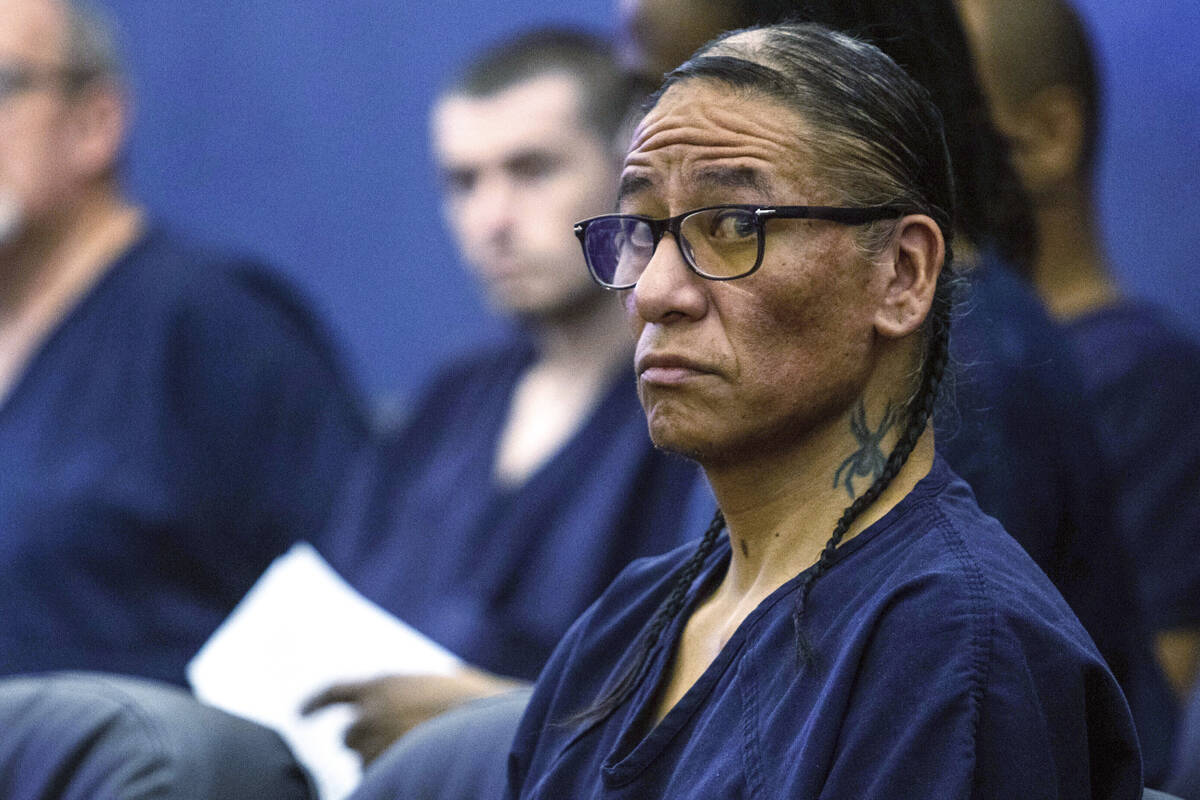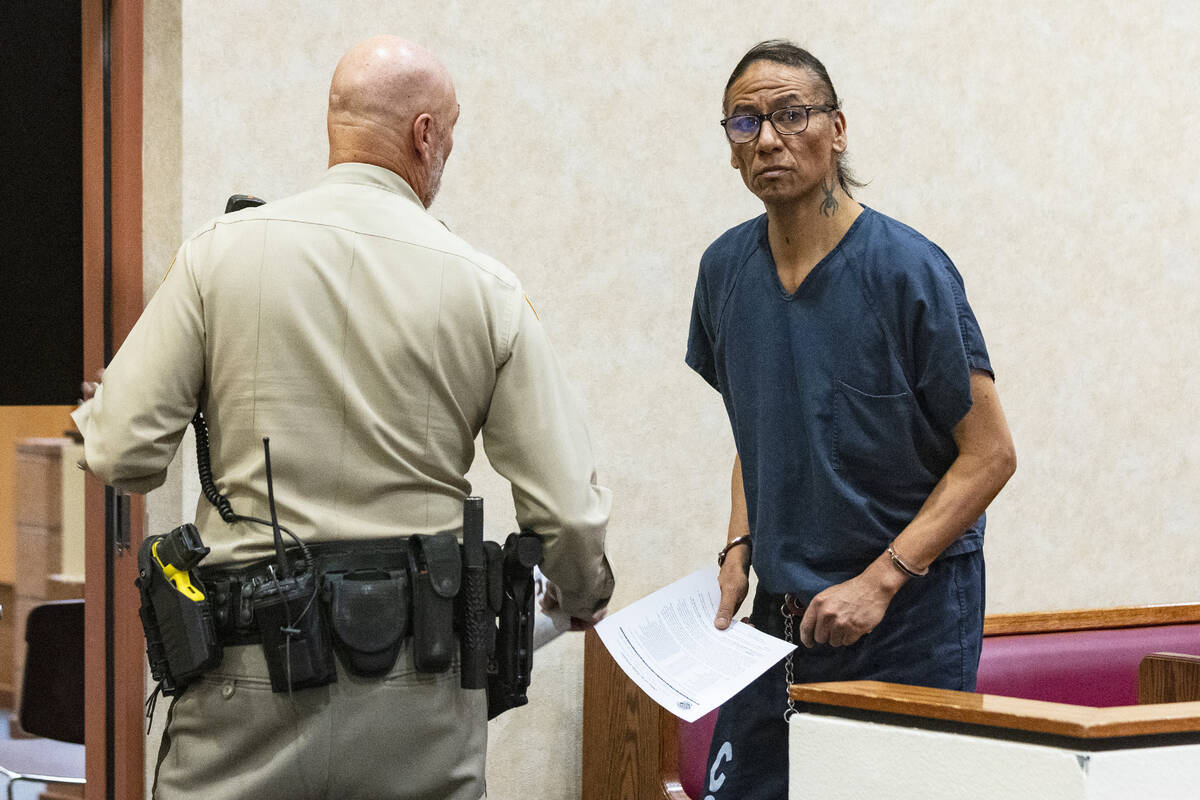Nevada high court orders dismissal of Chasing Horse sex abuse case

The Nevada Supreme Court ordered the indictment against Nathan Chasing Horse, an alleged cult leader accused of sexual assault, to be dismissed because of problems with the way prosecutors presented the case to a grand jury, but will allow prosecutors to seek another indictment.
Chasing Horse — who played Smiles A Lot in the 1990 movie “Dances With Wolves” — was indicted in February 2023 on charges including sexual assault, sexual assault against a minor, lewdness and kidnapping of a minor. Authorities have accused him of committing crimes in the United States and Canada between 2012 and 2023 while he ran a cult called The Circle and used his spiritual pull to victimize followers.
“We conclude that the State provided a grossly improper instruction and that Chasing Horse was prejudiced by the error, which inexorably tainted the grand jury’s deliberative process,” wrote Justice Douglas Herndon in the majority opinion filed Thursday. “The State then compounded that error by failing to submit exculpatory evidence to the grand jury.”
A grand jury is a jury that decides whether to indict someone.
In a statement, Clark County District Attorney Steve Wolfson said the decision was “only a minor setback.”
“The Court’s decision explicitly allows us to return to the grand jury to seek another indictment,” he said. “My office is committed to resurrecting the charges in this case, and we will not rest until we obtain justice on behalf of the victims in this matter.”
‘Wholly unsupported’
During the grand jury process, prosecutors did not provide jurors with expert testimony about “grooming,” but still gave them an instruction that described it.
“The offender engages in grooming activity to reduce the child’s resistance to sexual activity and reduce the possibility that the victim will report the abuse,” the instruction read in part, according to the court.
The court said the grooming definition “was wholly unsupported by competent evidence.” A prior ruling found that expert testimony on grooming may be admissible in sexual offense cases, but prosecutors did not offer any, Herndon wrote, and the instruction “likely confused the grand jury.”
Exculpatory evidence
Prosecutors also failed to present exculpatory evidence — evidence that might clear a defendant of guilt — to the grand jury, the court ruled.
The alleged victim in most of the sexual assault charges against Chasing Horse asked Chasing Horse to help heal her mother’s cancer, according to the decision. Chasing Horse told her “the ancestors” required her to have sex with him, but that she should keep their “sacred promise” secret, the ruling said.
Eventually, Herndon said, the cancer went into remission and the alleged victim “continued to have sexual interactions with Chasing Horse because she believed that (her mother’s) cancer would return if she stopped.”
But according to the decision, the alleged victim told Bureau of Indian Affairs investigators that she didn’t feel bad about her decision and fell in love with Chasing Horse.
In a social media post, she also wrote “that she had initially wanted to say “no” during their first sexual encounter, but she agreed after Chasing Horse told her it was the only way to help (her mother),” the court said, and again “discussed her love for Chasing Horse.”
Prosecutors held that they didn’t need to provide the alleged victim’s statements to the grand jury because they were “inconsistent,” Herndon said, but the court found they were exculpatory.
“Because the State knew about both of those statements, the State had a duty to submit those statements to the grand jury for its consideration,” the court ruled. “The State’s failure to do so impaired the independent function of the grand jury.”
Contact Noble Brigham at nbrigham@reviewjournal.com. Follow @BrighamNoble on X.
The Associated Press contributed to this report.


